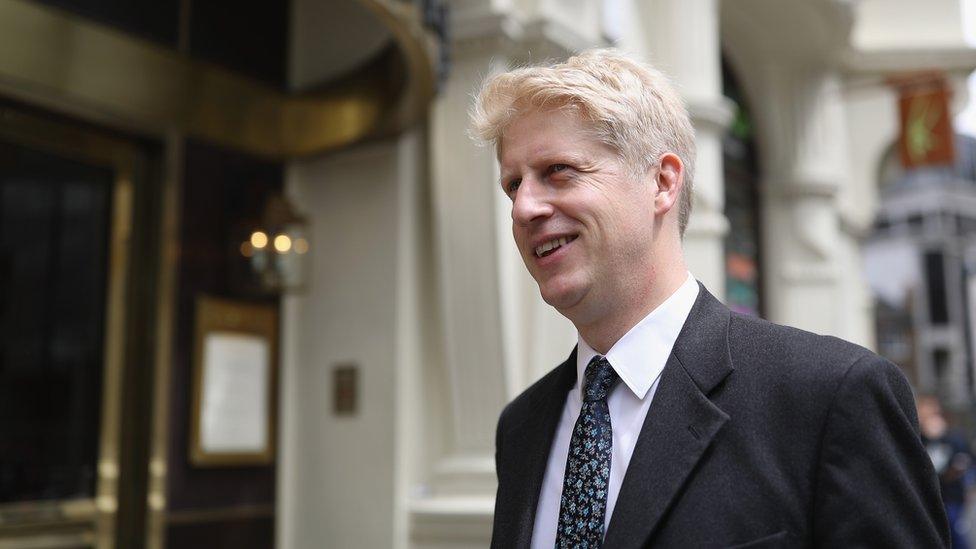'Intolerance' threat to university free speech
- Published
- comments
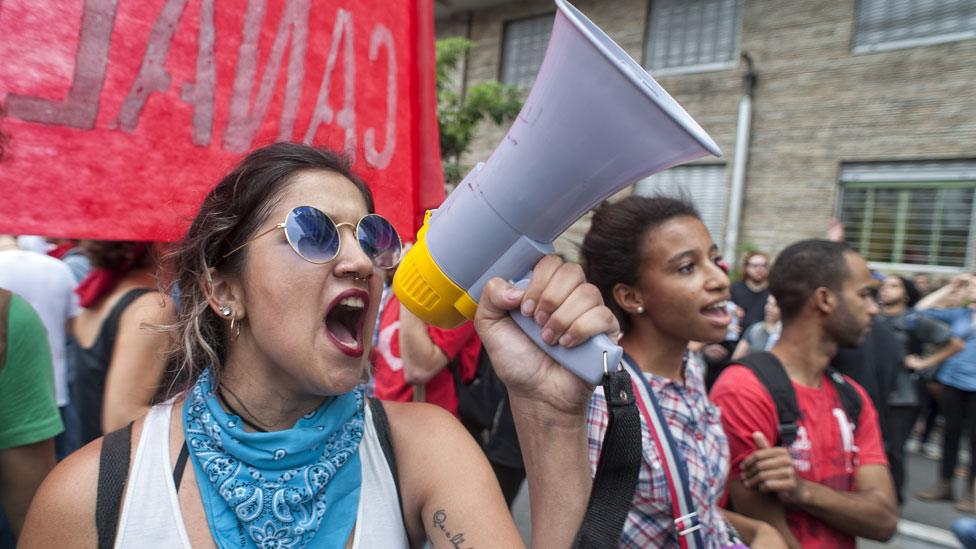
The right to protest and free speech needs to be protected, says a report from MPs and peers
Free speech in university is under threat from "intolerant attitudes", says a report from MPs and peers.
But it warns red tape and confusion over what is permissible is as much of a problem as "no-platforming", which bans controversial speakers.
The report says universities must, within the law, be places of "open and uncensored debate".
Universities Minister Sam Gyimah has warned of a "creeping culture of censorship" on university campuses.
He has promised to hold a "summit" on free speech with students.
Harriet Harman, chairwoman of the joint committee on human rights, called for the defence of "freedom of expression" and warned "there is a problem of inhibition of free speech in universities".
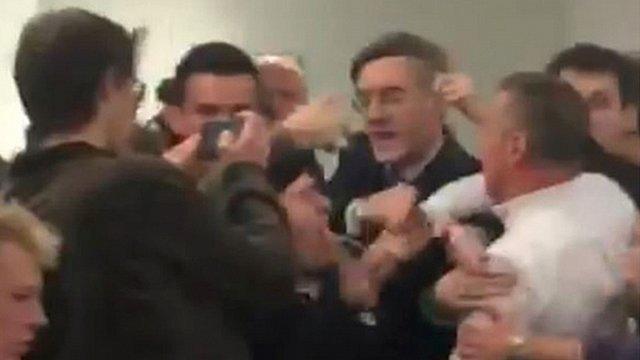
Jacob Rees-Mogg faced protests at the University of the West of England
The committee's report says protesters should not be allowed to stop student societies from holding meetings or events or to use tactics of intimidation.
"Masked protest, intimidatory filming or physical disruption is unacceptable and must be stopped," says the report.
"Students must respect the right of other students to say things, no matter how unpleasant, offensive or insulting. They can protest, but they can't stop them," said Ms Harman.
Fear of controversy
The report found that flashpoints tended to be around a number of "divisive issues" - such as Israel and Palestine, "transgender issues", right and left-wing clashes and "pro-life or anti-abortion views".
But Ms Harman warned that while concerns often focused on the impact of student protests, "free speech is also inhibited by university bureaucracy".
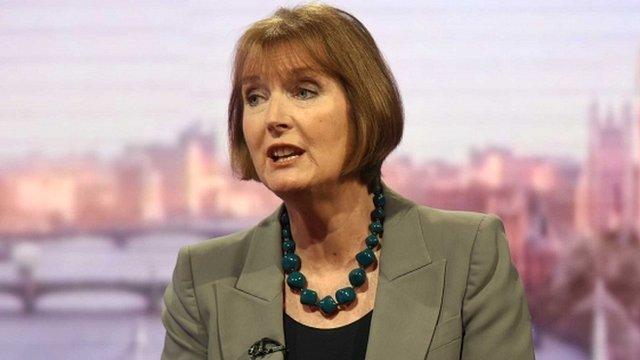
Harriet Harman says that university bureaucracy could be a bigger problem than student protests
This was often a bigger challenge to free expression than student campaigners, she said.
Excessive caution over controversial speakers, over-complicated codes of practice and uncertainty about legal boundaries can have the unintended consequence of stopping free debate, warns the committee's report.
The report highlights concerns that students might choose not to speak out because of "fear and confusion" about the Prevent counter-terrorism strategy.
"There is no doubt that students feel they are looking over their shoulder," said Ms Harman.
'No platforming' exaggerated
The committee also warned of the confusion over the role of the Charity Commission, which regulates student unions.
In an attempt to clarify the rules, the committee is publishing its own guidance on free speech for universities and students.
There have been warnings about policies such as "no platforming" or "safe space", in which protestors would block speakers whose views they thought were unacceptable.
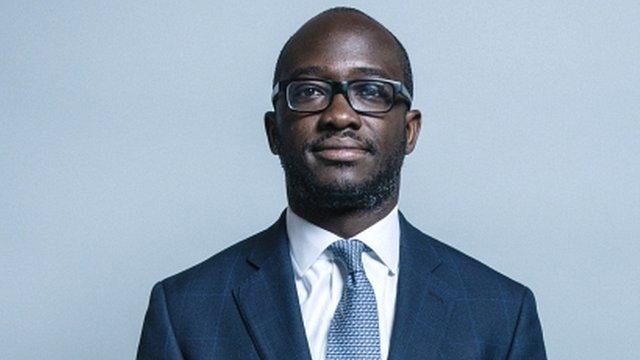
Sam Gyimah said students should not be "mollycoddled" from controversial ideas
But the committee found little evidence that such censorship was "pervasive" - but instead found that a relatively small number of incidents were being widely shared.
Among the most high-profile incidents was a protest against Conservative MP Jacob Rees-Mogg, when he was speaking at the University of the West of England.
When Mr Rees-Mogg gave evidence to the committee, he said heckling could help politicians.
"It can actually be very good for the speaker rather than damaging," he told the committee.
Mr Gyimah told the committee that he feared "self-censorship" from universities, who might not want the "hassle" and expense of inviting speakers who might be controversial.
"If what you're doing is essentially mollycoddling someone from opinions and views that they might find offensive, then that is wrong."
A Department for Education spokeswoman said universities are "required by law to uphold freedom of speech".
"We have given the independent Office for Students powers to take action where issues arise and Universities Minister Sam Gyimah will hold a summit about free speech on university campus shortly."
- Published7 February 2018
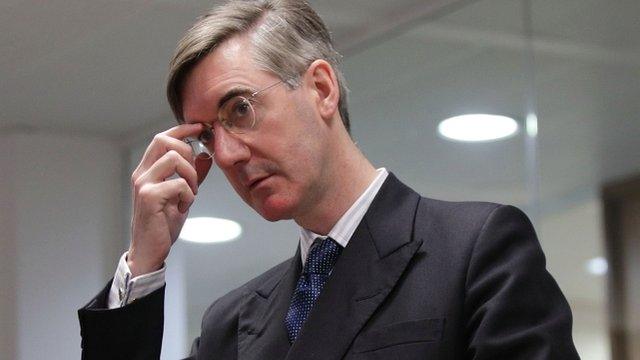
- Published26 December 2017
